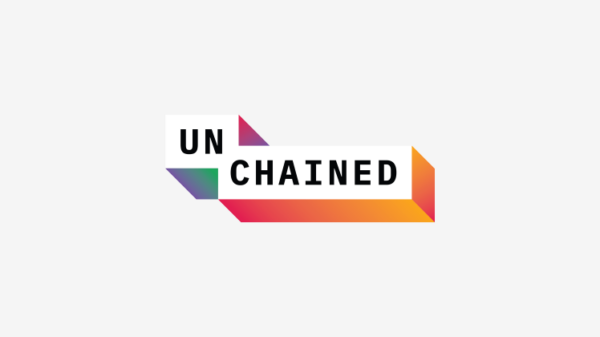In a significant move for the financial landscape, SEC Chair Paul Atkins has revealed two key reforms designed to enhance clarity and fairness within the financial system. The first reform aims to establish a modern rulebook for the crypto sector, while the second targets the influence of proxy advisory firms on corporate decision-making.
Atkins highlighted that the primary hurdle in the crypto space has been the absence of clear regulatory guidelines. Historically, digital assets have been subjected to antiquated securities laws intended for traditional markets, creating uncertainty for both investors and developers regarding the classification of tokens. To rectify this situation, the SEC has initiated Project Crypto, which introduces a framework based on a fundamental principle: tokens can evolve.
This innovative framework allows for flexibility, enabling a token to be classified as a security during its fundraising phase, but potentially transitioning to a different classification as the project matures and decentralizes. Project Crypto categorizes digital assets into four distinct groups: network tokens, collectibles, digital tools, and tokenized securities. Only the latter will remain under stringent SEC oversight. Atkins reassured stakeholders that fraudulent activities will still be addressed and that tokenized financial products will continue to face rigorous regulation.
The implications of this new framework are far-reaching, according to various crypto companies, including Shyft Network. The shift from treating nearly all tokens as securities to a more nuanced categorization is expected to alleviate legal uncertainties for projects, allowing them to flourish without the constant threat of litigation. This could also lead to opportunities for certain tokens to be traded on CFTC– or state-regulated platforms, facilitating the licensing of multi-service crypto applications.
Atkins also addressed the recent challenges faced by the SEC, particularly following a 43-day government shutdown that forced some companies to revert to outdated 20-day rules for public offerings. Although these temporary measures are expected to persist for the time being, the introduction of the new crypto framework aims to restore stability to the market.
In addition to reforms in the crypto sector, Atkins is also focusing on the role of proxy advisory firms. These entities provide guidance to institutional investors regarding voting on critical issues, including executive compensation and board decisions. Atkins expressed concerns that some of the initiatives promoted by these firms increasingly reflect political agendas rather than genuine business interests. To combat this, the SEC plans to revive previous reforms and implement stricter standards to enhance transparency and fairness in voting advice.
Moreover, major index fund managers such as BlackRock and Vanguard will face increased scrutiny, as their influence on corporate governance decisions often belies their ostensibly passive investment strategies.















































































